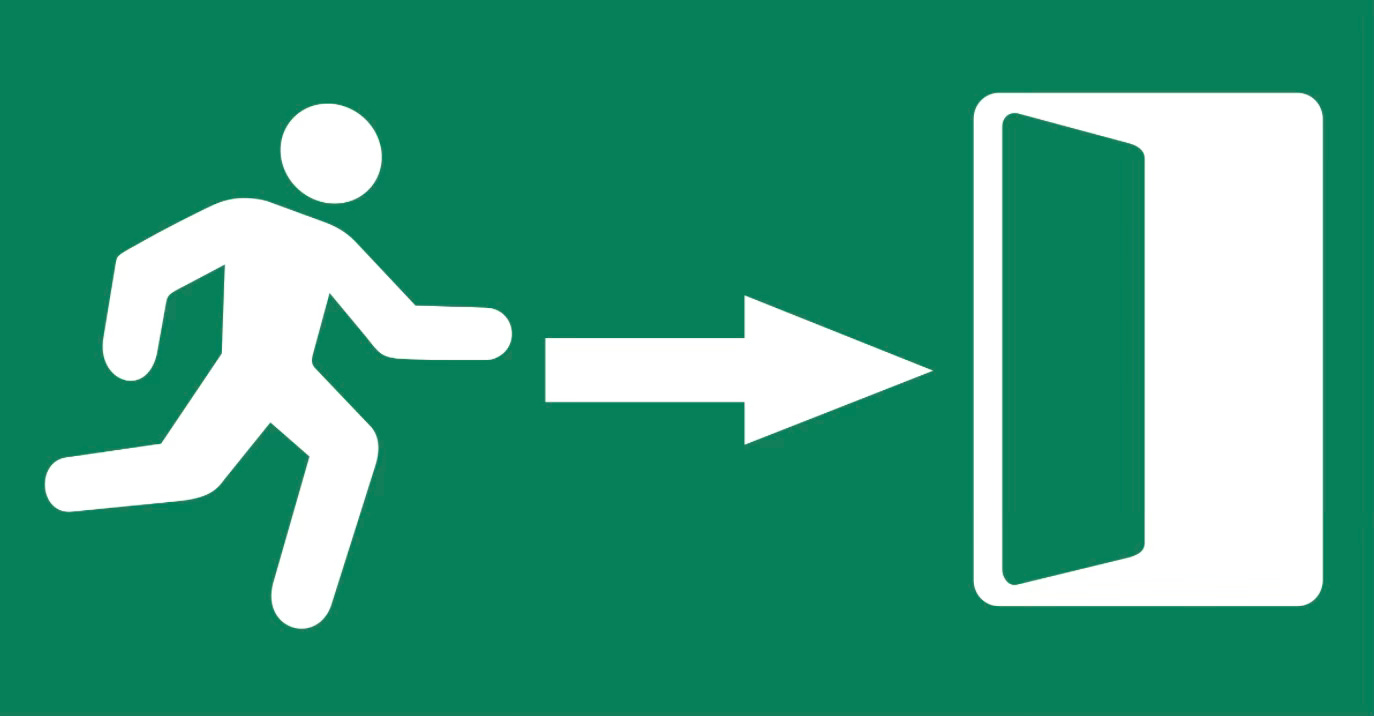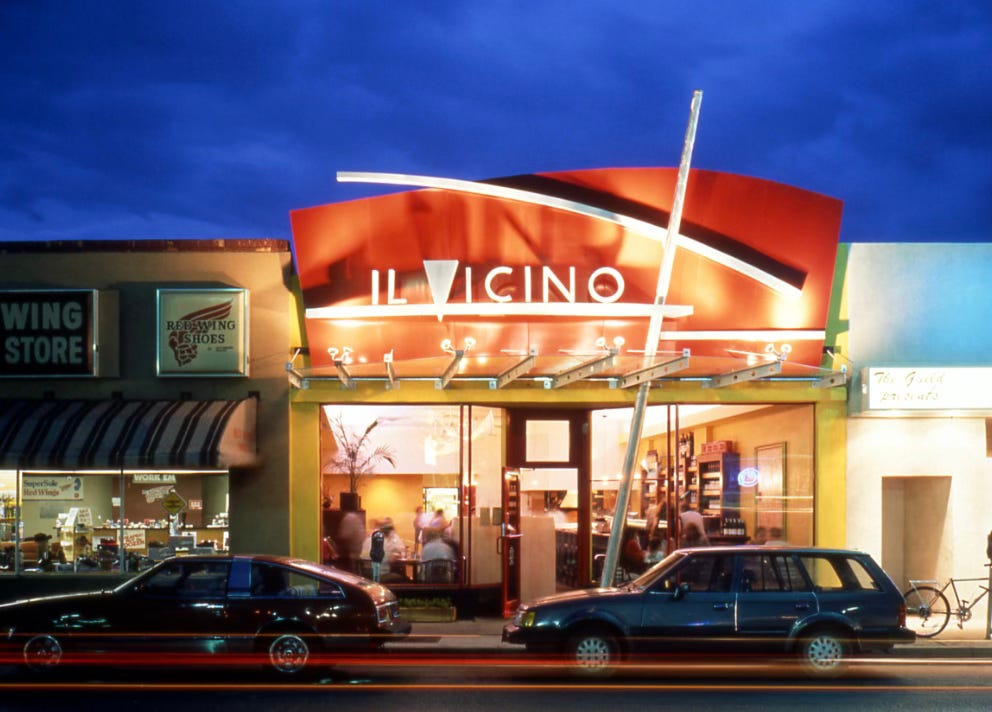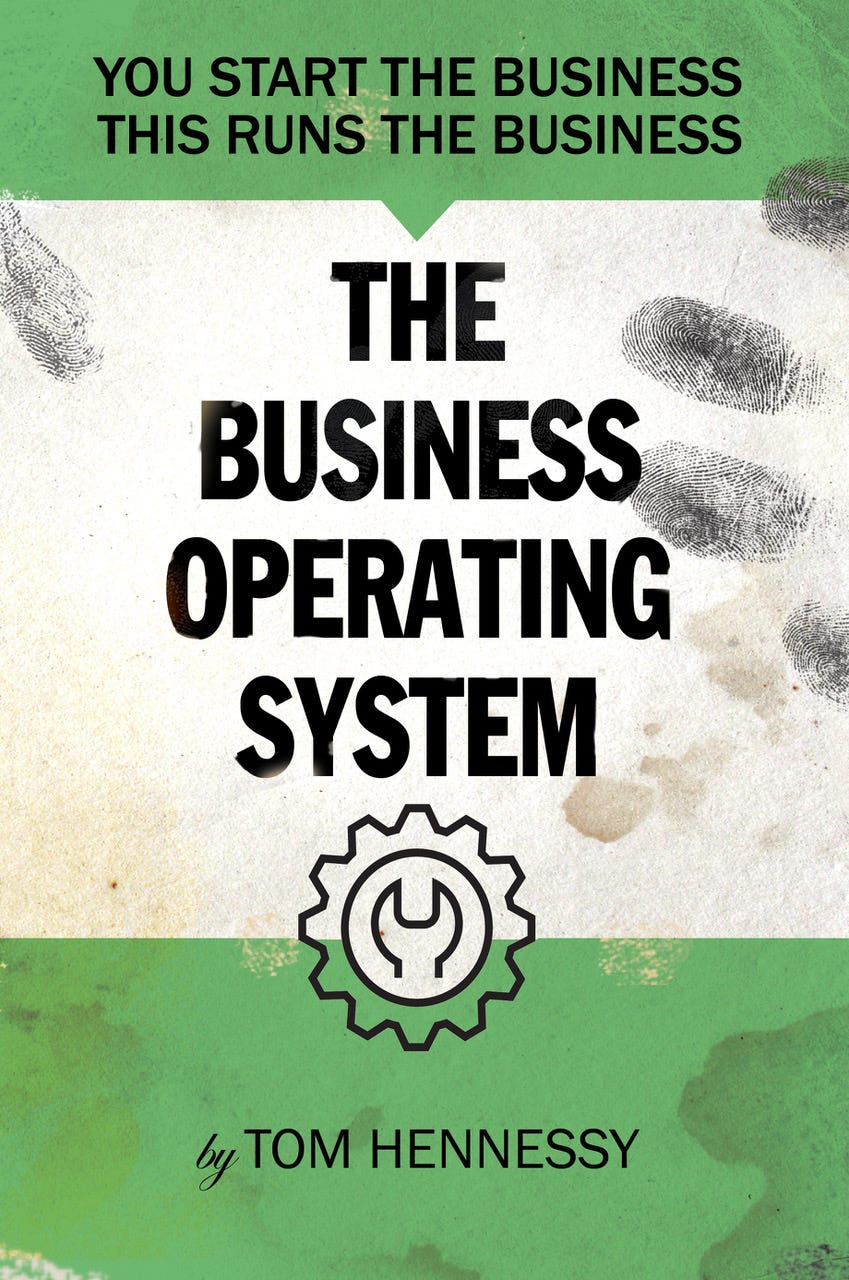Exit Strategy
After I asked for suggestions on topics last week, the first one I received was from someone just about to open, and it concerned how to get out! That might sound like an odd question from someone who hasn’t even started yet, but in truth, it’s one of the best times to broach the subject.
I am pretty sure I may have covered this in the past but I want to explain how I do it. It’s a long term method for sure, rather than simply putting your brewery up for sale, but I think it’s a better one. First a little back ground.
I sold my first businesses to my partners. We had two large restaurants, one coffee house, one small packaging brewery, and six pizzerias - two of them brewpubs. It was a simple thing to do, they just made payments to me over a period of 8 years. Granted, even though it was a lot of restaurants, I think I sold it too cheap!
Then I opened a large packaging brewery, and if you’ve followed my posts, you know based on that experience, I hate packaging breweries, since they are all work and no play, and no money. Someone just called me up offering to buy it from me and I figured out how much I had into it, added a % and sold it for cash. It was profitable but not that much. I will say it’s still in business 20 years later.
Finally when I opened up Colorado Boy. I began with the end in mind and used a system I had figured out to sell eventually, and have now sold both. All I do currently except for the occasional brew at Colorado Boy is our immersion class where I teach people about the business. The rest of my time is spent playing. This is how it works.
1). No matter how you want to sell, from the very get-go, you need to keep clean banking records, producing a profit and loss statement every month. To be accurate in this you should be doing monthly inventories and calculating your cost of good sold. This is explained in my previous articles and in my brilliant books.
2). Next, you REALLY do need to have a great business system that operates your business. This includes check lists, accounting principles, and other things so that your brewery is run by systems rather than peoples individual personalities. It’s why people buy franchises. They are buying into a proven system. As I’ve said, it’s what separates the mom & pop place from the professional.
3). As soon as you get your feet under you and can afford it, start thinking about who is a good candidate to become the general manager of your brewery. They can start as a shift manager or assistant manager, but they should really have what it takes in temperament and drive to want to own their own business. Sometimes it’s easy to find such a person, other times it takes a while. Let them know that you will want to have them take over one day and after a couple years, make them a 10% or 20% partner (they need to put some cash in so they feel the commitment - it doesn’t have to be much, but enough to hurt).
4). When you are ready you will appraise your business. This simple formula is very fair. Take your yearly net profit, add back depreciation, amortization, interest expense, your salary if you haven’t been working in the business, and any expenses associated with you personally, like your cell phone if you write that off as a business expense. Now do this for the three previous years, and then take an average of these three numbers. This is your average real net profit. This you will give a multiple. For me if the business is still really growing I would multiply this number by 5. If it is growing but not by much, then 4. If it is staying the same, then three. If business is down, then 2. You get the idea.
5). Take this valuation and amortize it out to a reasonable monthly amount. You could do this anywhere from 5 to 10 years. You could do 10 years with a 5 year balloon for example. You want the payments to be small enough so that the brewery can pay you, but still show some extra profit for the new owner. You don’t want to kill the goose, so to speak. Have the payments a direct deposit to your personal checking account.
6). Until you are paid off, you have the right to audit the business, see the books, basically stick your nose in there. It’s an extra incentive to get you paid off.
Now why do I like this system so much?? First of all it’s a total win/win. You are not selling to a stranger who could sink your business, but instead selling to someone who really knows the business and the business system. It makes for a smooth transition.
Second, it allows a person who might not have the resources to open their own place to be able to do this. You are selling them a profitable business and have the numbers to prove it. When they have paid you off, they can follow the same formula and sell it to the next in line, or keep it going. It’s a great opportunity.
Third, there is no broker involved so no expensive commissions (typically 12%) to pay. Also there is no bank involved. You just need a good lawyer to draw something up that protects you and the buyer.
Going back to that first group of businesses I had with my partners. That’s when I came up with this idea but I couldn’t get them to go along with it. They are still great pals though.
Speaking just for myself, I like to develop businesses, but more importantly I want to experience a lot of things in life rather than just running a business. That might not be your cup of tea. Still, with this system you could continually open businesses and spin them off, creating a healthy cash flow to yourself, while at the same time creating cool opportunities for the next generation of entrepreneur.
I hope this makes sense, and if not let me know and I am happy to clarify any points.








